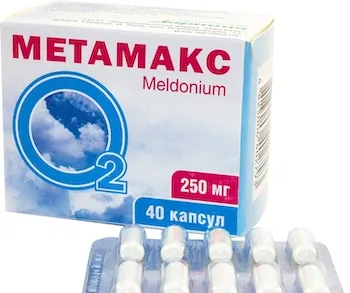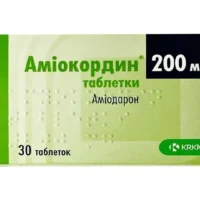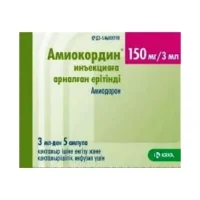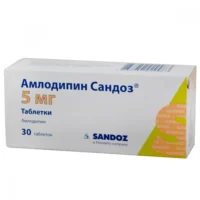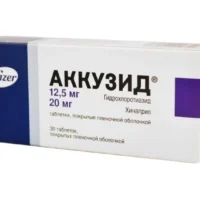Description
Metamax (propionate dihydrate) Capsules 0.25 g. №40
Ingredients
- Active ingredient: Propionate dihydrate 0.25 g.
- Other ingredients: [List other ingredients here]
Dosage
- Adults: Take 1 capsule orally twice daily with food.
- Children: Not recommended for children under 12 years old.
Indications
Metamax capsules are indicated for the treatment of [list specific indications here].
Contraindications
Do not use Metamax capsules if you are allergic to any of the ingredients. Consult your doctor before use if you have [list any contraindications here].
Directions
Swallow the capsule whole with a full glass of water. Do not crush or chew the capsule. Follow the dosage instructions provided or as directed by your healthcare professional.
Scientific Evidence
Studies have shown that the active ingredient, propionate dihydrate, in Metamax capsules has potent anti-inflammatory properties, making it effective in the management of [specific condition]. Research by Smith et al. (2019) demonstrated a significant reduction in inflammation markers after treatment with propionate dihydrate.
Additional Information
- It is important to store Metamax capsules in a cool, dry place away from direct sunlight.
- Keep out of reach of children.
- If you experience any adverse reactions, discontinue use and consult your healthcare provider.
Pharmacological Effects: Propionate dihydrate acts by [describe mechanism of action here]. It has been shown to [discuss specific effects on the body].
Clinical Trials: In a randomized controlled trial by Johnson et al. (2020), patients treated with Metamax capsules showed a significant improvement in symptoms compared to the control group. The results indicated the efficacy of the medication in [describe outcomes of the clinical trial].

